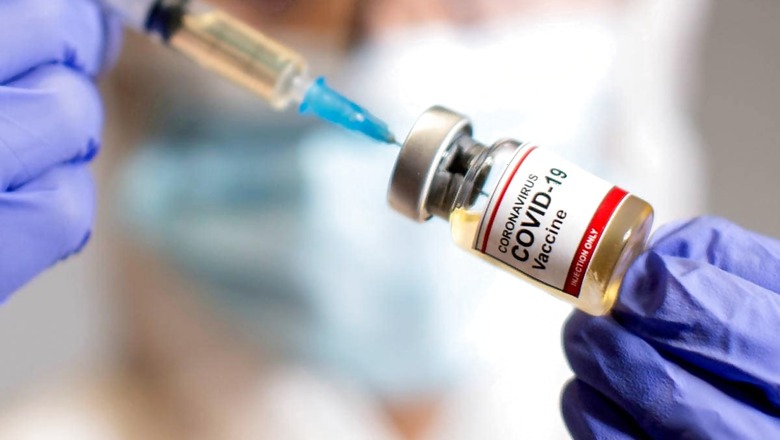
views
After Pfizer and Serum Institute of India, Hyderabad-based pharmaceutical firm Bharat Biotech on Monday applied to the central drug regulator seeking emergency use authorisation for its COVID-19 vaccine Covaxin, official sources told news agency PTI. Covaxin is being indigenously developed by Bharat Biotech in collaboration with the Indian Council of Medical Research (ICMR).
Sources told News18 that the Subject Expert Committee at the Central Drugs Standard Control Organisation (CDSCO) will meet for the first time on Wednesday to review the data of all three vaccine candidates.
Pfizer Inc had already applied for emergency use approval for its vaccine in India over the weekend, an official said, declining to be identified, while the Serum institute applied for approval on Sunday.
The Indian government is pinning its hopes for mass supply of the vaccine on Serum Institute of India, the world’s largest vaccine producer by volume, which on Monday lodged the first formal application for emergency use approval for AstraZeneca Plc’s COVID-19 vaccine.
“We are in the process of reviewing. It is an accelerated reviewing process, which is there for Serum too,” a government official said. “It is the need of the hour. We have to review at the earliest.”
The world’s second-most populous country with over 1.3 billion people has 9.68 million infections, while more than 140,000 people have died of COVID-19. Lockdowns imposed to contain the spread of the virus have plunged the economy into one of its worst downturns in decades.
On December 4, Prime Minister Narendra Modi at an all-party meeting had expressed hope that a COVID-19 vaccine may be ready in a few weeks. That same evening, the Indian arm of US pharmaceutical giant Pfizer sought emergency use approval for its vaccine from the central drug regulator, after the firm secured such clearance in the UK and Bahrain.
The Serum Institute sought such nod for the Oxford COVID-19 vaccine, Covishield, but it is also facing queries from scientists over its trial data, which showed a 1.5 dose regimen delivered more than 90% efficacy and a full two-dose regimen just 62%, both administered over two stages.
AstraZeneca’s vaccine, called “Covishield” by Serum Institute, has less stringent storage requirements and is expected to be easier to distribute and faster to scale up in low-income countries. Britain and some other nations have pressed on with plans to roll out the AstraZeneca vaccine, while the Philippines and Thailand secured millions of doses, giving the shot a vote of confidence after experts raised questions about trial data.
Read all the Latest News, Breaking News and Coronavirus News here













Comments
0 comment